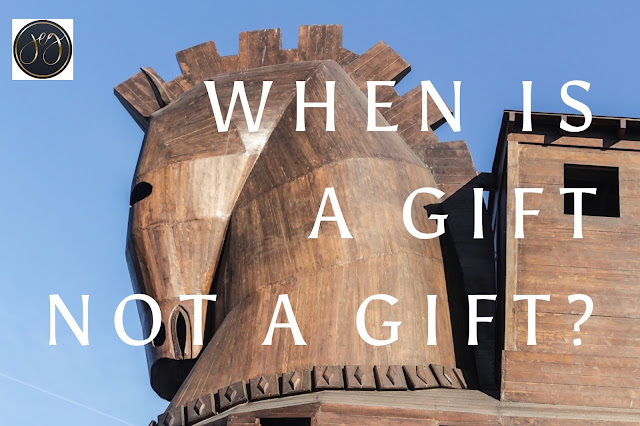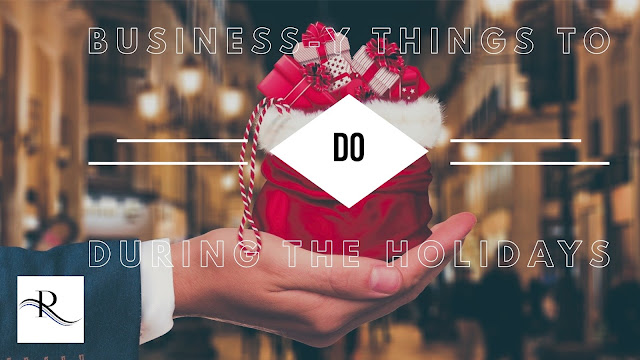The Value of In-Kind Contributions
Everybody likes free stuff, right? Well...maybe. It depends on the stuff. If I were to give you the choice: a free new car or a free mud pie, which one would you choose? What if I never offered you the car, just the mud pie? Would that seem like an awesome gift to you? Maybe if you’re three. But as a nonprofit leader, what are you going to do with a mud pie?
Ok, so all of that is me being silly and playing devil’s advocate, but how many of you have given consideration to the value of in-kind contributions offered to your organization? Not the stated monetary value of the item; the value of that item to YOU.
When is a gift not a gift? In consideration of the in-kind contributions you’re being offered, ask yourself (or your board if you need additional input):
- Is the service or item you’re being offered of benefit to your organization?
- Is this something you would have sought out and paid for even if it hadn’t been offered?
- Is this something you know exactly what to do with, or will it take time and effort on the part of your staff or board to “deal with” it?
- Does this contribution add to/enhance one or more of your programs/projects?
Another example I remember was the local newspaper donating ad space to us for our annual gala. They gave us something like two full-page and two half-page ads over a 30-day period surrounding the event. Which, at the time, was something like a $2,000 contribution toward the marketing budget for our event. Would I have opted for print advertising if I had to spend the money? Maybe not. But the free ad space was definitely a benefit to our organization. I knew exactly how to use it, they helped me design the ads, and they wiped the invoices from the books.
When potential donors want to give you things for free it can feel difficult to decline; we don’t want to seem ungrateful. How can you say no to free stuff? Instead of saying no, I recommend setting up an in-kind contribution policy. This allows you a bit of a buffer; you can then respond with something like, “Thank you for offering me this gift for our organization, however, I will need to let the board decide, as per our in-kind contribution policy.”
That policy can include things like:
- In-Kind Contribution Form – ask the would-be donor to complete it with all details of the item (description, monetary value, quantity, photo if applicable, donor contact information, etc.). This is step one – they may only submit the form, not the item(s) yet.
- All forms received are discussed at the next board meeting. The forms are reviewed ahead of time by staff, who will present them at the meeting with their recommendations.
- Staff will contact each prospective donor within a week of the board decision to let them know if their donation was approved or denied with gratitude.
- If approved, the donor may bring the item(s) at a mutually agreed upon date/time with staff.
- Within 30 days of the donation, a thank you letter is to be sent to the donor with all details needed for tax purposes.




Comments
Post a Comment